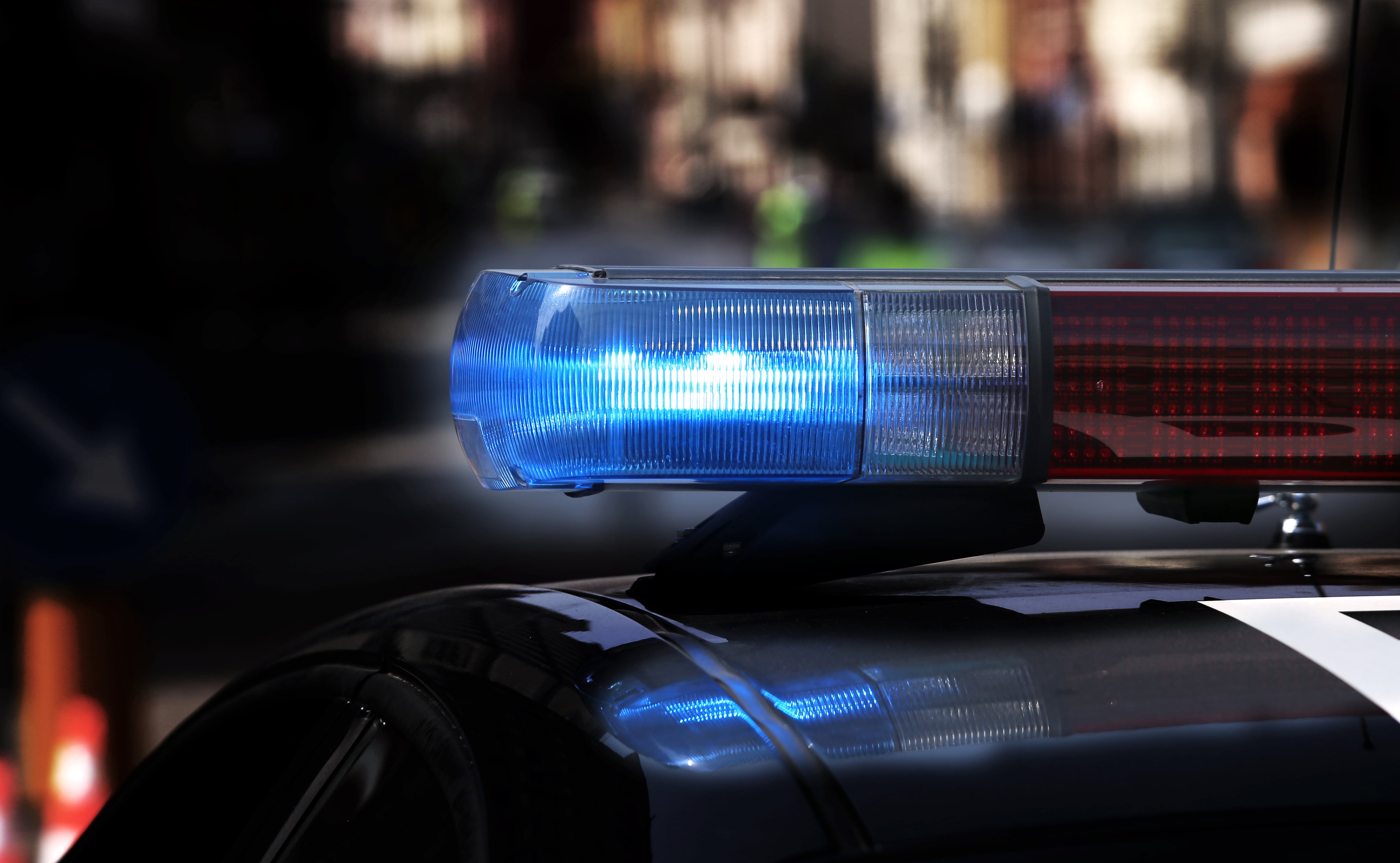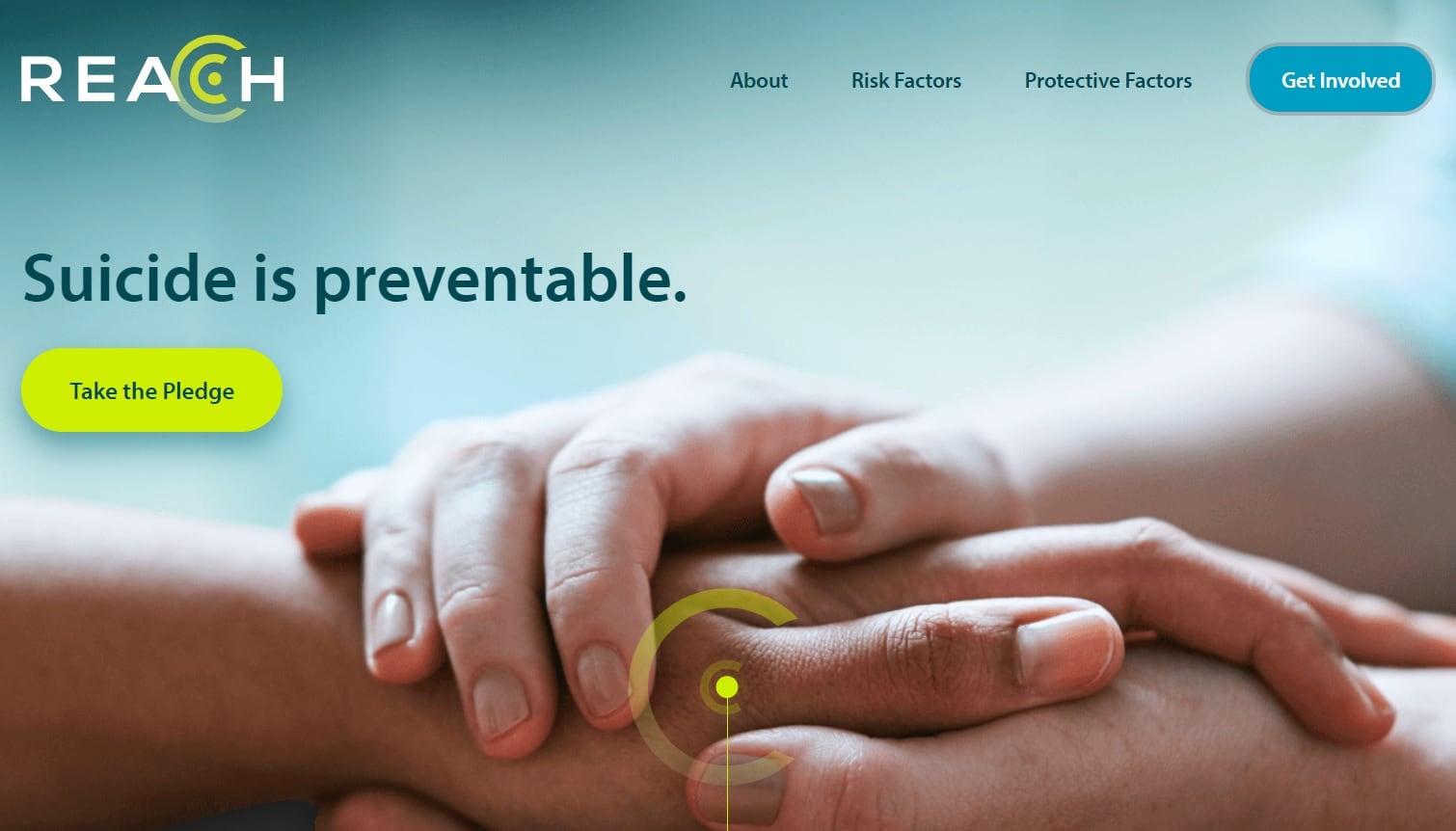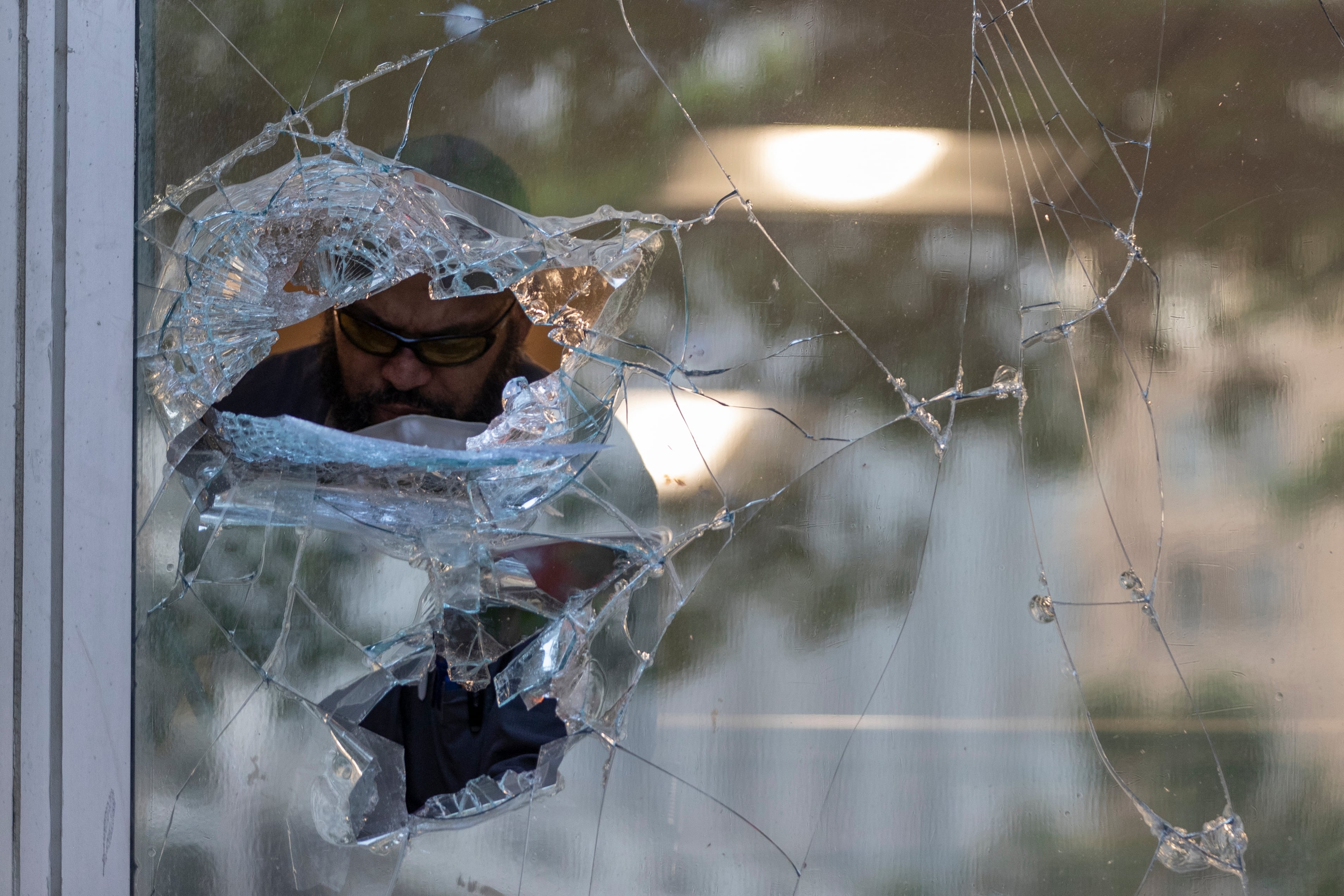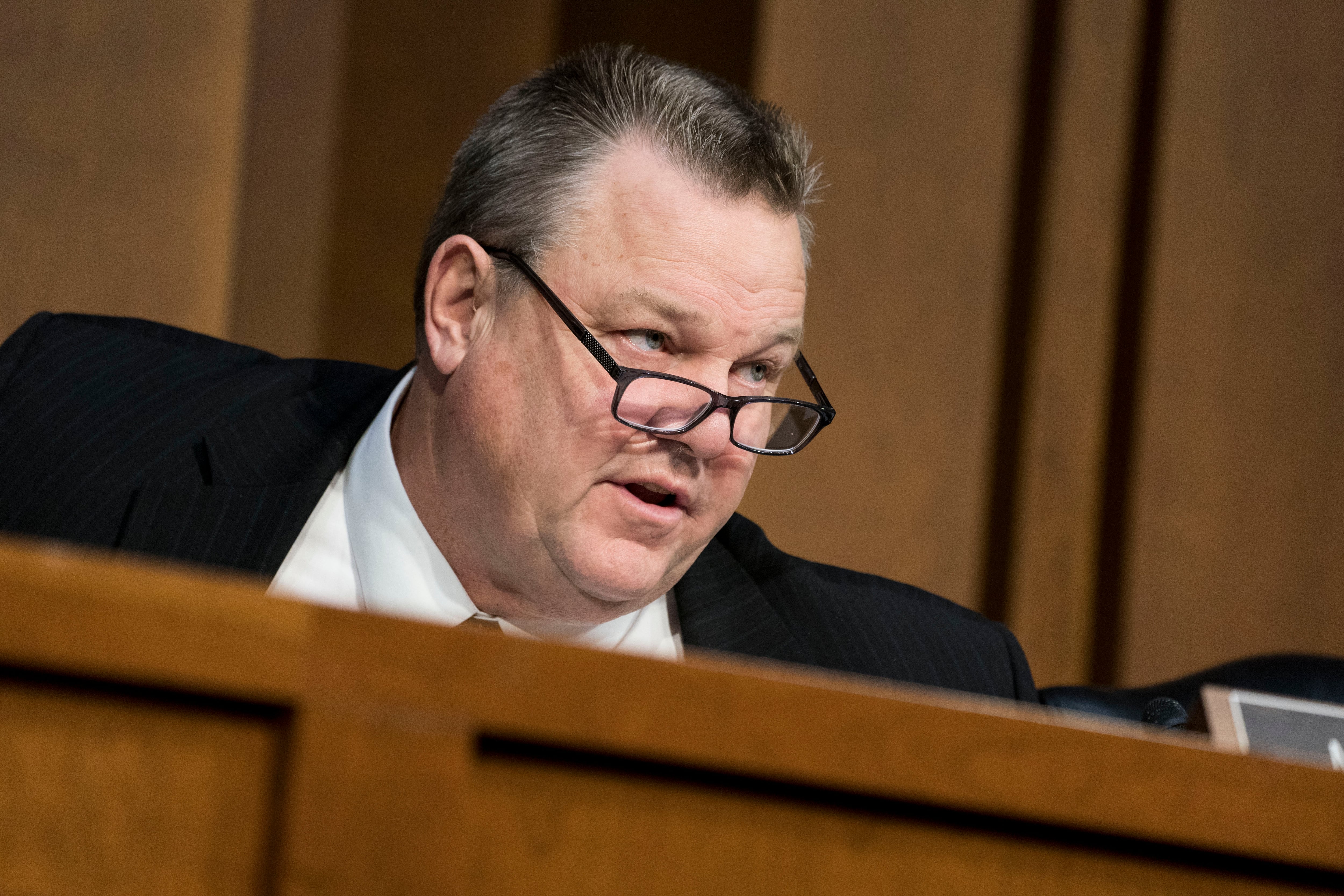Veterans Affairs police officers would be mandated to wear body cameras to record interactions on department campuses and dramatically increase their conflict resolution training as part of a slate of new suicide prevention bills being introduced in the House.
The move comes amid a national debate on police reform and accountability sparked by the death of George Floyd, a Black man who prosecutors say was murdered by a white Minneapolis police officer in May. Local prosecutors have charged a total of four officers in connection with his death.
The VA police bill — being introduced today by Rep. Kathleen Rice, D-N.Y. — is being paired with another on improving data collection on VA outreach efforts to recently separated veterans and would also require a host of new reports to Congress on arrests by campus police and how frequently they use force when interacting with individuals.
RELATED

“These two new bills will help us take meaningful steps to address all the factors that can lead to veteran suicide, from requiring key crisis intervention training for VA police to promoting connectedness throughout the transition from servicemember to civilian,” said House Veterans’ Affairs Committee Chairman Mark Takano, D-Calif.
“We have a responsibility to ensure VA police have accountability, working body cameras, and the tools and training they need to de-escalate crises.”
An estimated 20 veterans and military members die by suicide each day. That number has fluctuated only slightly over the last decade, despite a host of federal efforts aimed at reducing the problem. Takano has said his committee’s new push of legislative solutions is designed to bring new ideas and approaches to the issue in hopes of changing those results.
Rice said the police proposal, while connected to the suicide prevention effort, was prompted by an incident at the Northport VA Medical Center in New York where one of her constituents was “horribly mistreated” by campus police, but no body camera footage was available to help review the case.
“Major reforms are needed within the Department of Veterans Affairs police force, including the need for increased crisis intervention training for police officers to prevent suicide,” she said in a statement to Military Times.
“(This bill) will address these officer training shortcomings, require the use of body cameras, and enact other important measures that will increase accountability and transparency.”
VA’s police force includes more than 4,000 officers across the country, mostly at hospitals but also charged with patrolling department cemeteries and other VA buildings. Under federal law, the officers have the ability to make arrests on department property and can carry firearms.
RELATED

Under department regulations, police can use body cameras “for investigative purposes only” and the use of any recording devices is “not authorized for the routine taping of conversations during patrol and other duty activities.”
In recent months, a number of lawmakers and advocates have called for increased training among the force to help stem a wave of on-campus veterans suicides in public spaces, noting that the officers are often the first point of contact for individuals not already in medical care.
Veterans Affairs officials have updated those training policies. But they have also acknowledged difficulty in recent years retaining officers, leading to new hires and a need for new training at locations throughout the country.
A report from the VA Inspector General released in December 2018 noted difficulty in oversight of the police force — both in terms of crisis response and inappropriate use of force — because the department “did not have adequate and coordinated governance over its police program.” Department leaders have promised that changes put in place since then are addressing that problem.
But Rice’s bill would codify that, calling for regular reports to Congress on police incidents, participation of civil rights groups and local community leaders in developing new police training programs, and requiring a body camera be activated in all on-campus interactions, except in cases where the officer’s life is in imminent danger, making activation of the camera impossible.
Those recordings would also be preserved for future investigations, regarding both charges of inappropriate behavior or for developing better intervention response techniques.
No estimate has been released on the cost of purchasing new cameras, storing that data or developing the new officer training programs.
RELATED

Both Rice’s bill and the other suicide prevention measure being introduced today — the Solid Start Reporting Act, introduced by Rep. Robin Kelly, D-Ill. — are expected to be debated by the committee in coming weeks.
Kelly, a former mental health counselor, said her measure calling for annual reports on VA’s Solid Start program (which reaches out to veterans in their first year of separation from the military to explain VA benefits and check for mental health needs) shares a similar oversight and accountability with the police reform measure.
“Congress must ensure that programs designed to address a real and growing crisis work,” she said. “If not, how can we improve them? Providing for the mental health of service members, veterans and their families is everyone’s responsibility and Congress will continue to do our part through funding and oversight.”
Veterans experiencing a mental health emergency can contact the Veteran Crisis Line at 1-800-273-8255 and select option 1 for a VA staffer. Veterans, troops or their family members can also text 838255 or visit VeteransCrisisLine.net for assistance.
Leo covers Congress, Veterans Affairs and the White House for Military Times. He has covered Washington, D.C. since 2004, focusing on military personnel and veterans policies. His work has earned numerous honors, including a 2009 Polk award, a 2010 National Headliner Award, the IAVA Leadership in Journalism award and the VFW News Media award.





